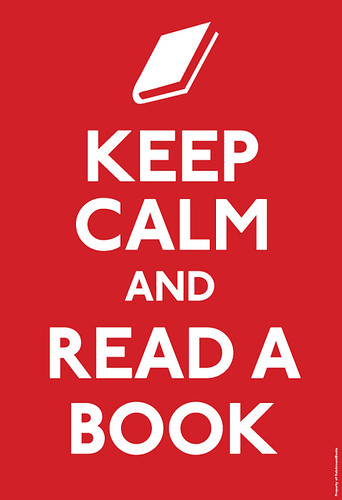(Another in the continuing series of quotes to start the week.)
Given the rancor we observe and occasionally encounter online — and sometimes even encounter in real life — and the oft-repeated reports, accusations, and exhibitions of what can most charitably be described as boorish behavior by people in positions of power or prominence, manners seem rather a timely topic.
Many years ago I had the pleasure of hearing Tony Campolo speak at the National Youth Workers Convention in San Diego, and one of his topics was the importance of mannerly behavior. I often repeat part of what he told us, about a study conducted in the late 1930s in Britain and Germany. I’m not going to repeat that story here, or even quote from Mr. Campolo, but I thought about him while considering this quote from Jonathan Swift:
Good manners is the art of making those people easy with whom we converse. Whoever makes the fewest persons uneasy is the best bred in the company.
I think Mr. Campolo would appreciate that quote, which is the opening of “A Treatise on Good Manners and Good Breeding.” Swift’s essay has much to recommend it, despite it clearly reflecting the 18th century emphasis on gentility and class. The essay is nearly as much about the dangers of going overboard with setting out troublesome rules as it is about “ill manners” as opposed to “good manners.”
(Image: “Good Manners,” by Sharon Sinclair, on Flickr under Creative Commons.)
Swift insists (his word) “that good sense is the principal foundation of good manners,” and that rules for behavior have been developed because good sense is something very few of us have. Indeed, he lists “the three great sources of ill manners” as a lack of sense, an “ill nature,” and pride.
It’s an interesting exercise, when we encounter or observe poor manners, to speculate on whether the perpetrator lacks sense, is bad-natured, or suffers from an excess of pride. But ultimately that’s a fruitless exercise, as it serves more to puff up our own pride than to induce us to behave better.
And behaving better is the constant challenge. For if we display good manners, if we are able to set people we interact with at ease, we avoid making others speculate about us.
















